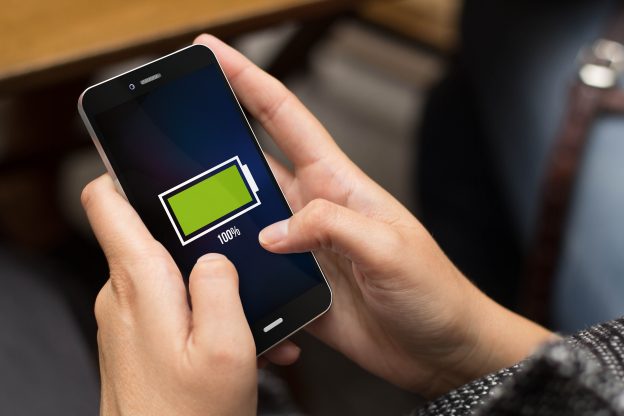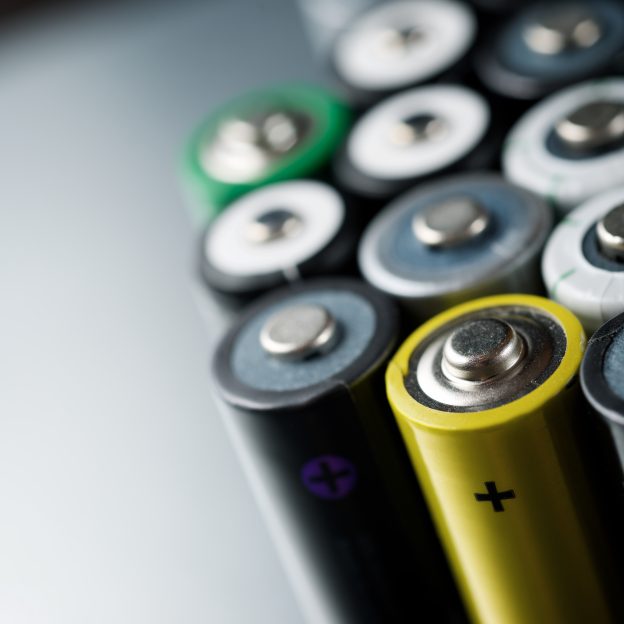
The impression of solar energy generally is that it is the purview of advanced countries in Europe and the United States. Although desert countries such as Chile are also famous for solar energy, the development of solar energy in third world countries that are prone to war and chaos seems to be disconnected. However, even in war-torn Iraq, solar energy has gradually sprouted.
Iraq, which is arid with little rain, is also an area rich in sunshine but was only known for its oil production in the past. In ancient times, Iraqi agriculture relied on precise irrigation channels. In modern times, most of these canals use diesel generators to drive water pumps to irrigate crops. Iraq's power grid is quite unstable and electricity is often only supplied for a few hours a day in remote villages.
Although Iraq is an oil-producing country, it does not produce enough gas production for domestic use. It imports natural gas and electricity from Iran and owes billions of dollars. Under the US sanctions against Iran, this debt cannot be paid in foreign exchange and Iraq can only use food and medical resources as reimbursement. Energy self-sufficiency is Iraq’s responsibility. The Iraqi government is in a state of urgency. Although the Iraqi government has signed contracts with UAE, Norway, France, and Chinese companies to build solar farms, overall progress is slow.
The Iraqi people have experienced decades of hardship and turmoil. As the scourge of the Islamic State war gradually faded away, the most grassroots farmers began to invest in improving their farmland and livelihoods and solar energy has quietly sprung up. The disaster of the Islamic State has destroyed much infrastructure and the government has yet to restore them. In order to irrigate the fields, farmers' families may use several barrels of fuel oil a day and some of them think: why not use the poisonous sun?
Employing subsidies provided by the United Nations Development Programme and other programs, farmers buy solar panels and use solar energy to generate electricity. This not only replaces diesel fuel but also save fuel costs in the future and there may even be excess electricity that can be used for daily household tasks during the day.
So far, Iraq's progress in developing renewable energy is still slow. The United Nations Development Programme stated that Iraq has experienced decades of war and traditional environmental policies. It is not easy to spread the concept of green energy all at once. Replacing conventional diesel in agriculture is a new concept in Iraq but the United Nations Development Programme is gradually observing a cultural shift.
Plied with economic incentives, farmers have gradually chosen more carbon-friendly operations according to international organizations but, for them, it is simply lowering overhead and production costs.
(Image: TPGimages)







